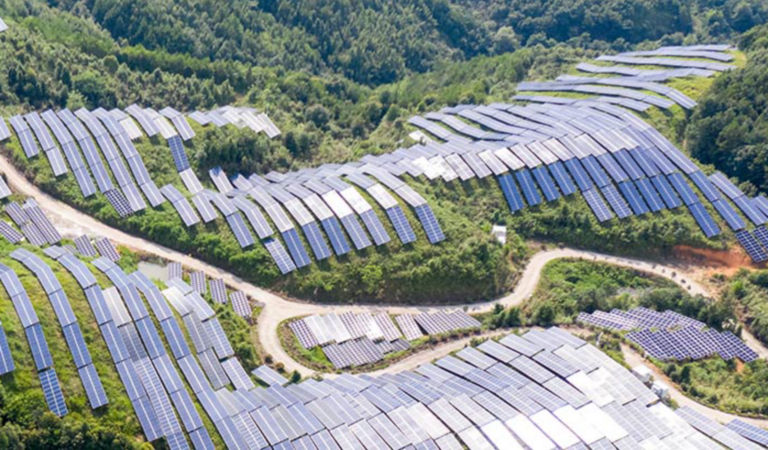How are climate-related risks and opportunities considered and integrated into your corporate strategy? Have any of your company’s sites or key vendors faced climate-related incidents? Who oversees the assessment and management of climate-related risks? In our view, private company managements and boards must be prepared to answer these questions and more from their investors.
We believe climate change is one of the defining investment challenges of our time. Increasingly severe climate events can cause widespread disruption across many industries, while solutions to mitigate and adapt to emerging climate risks present an array of new opportunities. All of this holds the potential to significantly impact your company’s financial performance.
In our view, companies across all sectors and stages should develop and maintain thoughtful approaches to building climate resilience into their business models. These strategies should consider both the accelerating transition to a low-carbon economy and the worsening events exacerbated by climate change. This impacts a broader range of companies than one might expect, for example:
- A consumer products company’s manufacturing facility is in an area that experiences extreme, sustained heat (as was the case across much of the US during the “heat domes” of 2023). Working conditions during these types of heat events result in reduced productivity, higher employee recordable incident and absentee rates, and the need to consider new capital expenditures to upgrade the facility’s cooling system.
- Data center operators and substantial data users experience higher operating costs and lower margins due to rising electricity prices from higher carbon prices in some operating regions. Capital expenditures are required to offset these costs over time by procuring on-site renewables or securing power purchase agreements.
- To accelerate progress in meeting its greenhouse gas (GHG) reduction targets and respond to consumer preferences, an international hotel chain invests in new technology vendors to automate both energy efficiency initiatives and data tracking at its properties.
Many companies overlook and/or underreport climate-related risks and opportunities that can be material to disclose to stakeholders. However, we expect disclosure scope and quality to improve in the coming years. In our view, these considerations are particularly relevant for private companies as they approach a public offering. Notably, disclosure expectations are rising in private markets, and the material business risks and opportunities presented by climate change warrant consideration at all phases of a company’s life cycle.



























